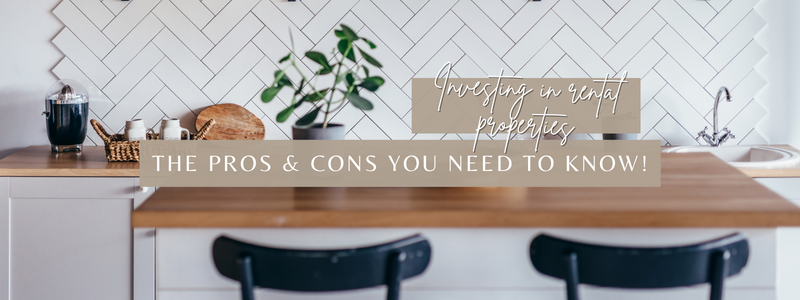
Unveiling Opportunities: The Benefits of Investing in Commercial Real Estate
Welcome to another informative piece from your trusted real estate expert. Today, we’ll be exploring the exciting and rewarding realm of commercial real estate investments. Whether you’re an experienced investor or just starting, understanding the potential benefits of commercial real estate is crucial in your wealth-building journey.
So, what makes commercial real estate an attractive investment option? Let’s explore this multifaceted question.
1. Steady Income Stream: One of the primary appeals of commercial real estate is the potential for a consistent and attractive income stream. Commercial properties often yield higher annual returns than residential properties. This is primarily due to the rental income which, when structured well, can provide a steady cash flow to help bolster your income sources.
2. Risk Diversification: Investments in commercial real estate offer an effective way to diversify your portfolio. Adding these properties to your investment mix can help reduce risk and increase returns over time, offering stability even when other sectors of the market are underperforming.
3. Longer Lease Periods: Commercial properties typically come with longer lease terms compared to residential properties. This means a more predictable and secure income flow for a longer period, minimizing the risk and cost of tenant turnover.
4. Hedge Against Inflation: Commercial real estate is considered an excellent hedge against inflation. When the economy experiences inflation, the value of real estate and rental income typically rise. This increase can offset the effects of inflation, helping to protect your investment’s purchasing power.
5. Tax Benefits: Owning commercial real estate comes with several tax advantages. You can deduct mortgage interest, property tax, and operating expenses. Additionally, the IRS allows property owners to depreciate their property over a set period, leading to significant tax savings.
6. Greater Control Over Value: Unlike other investments, where you’re at the mercy of market fluctuations, commercial real estate allows for more control over your investment’s value. Through property improvements, rent adjustments, or change of tenants, you can directly influence your property’s profitability.
7. Tangible Asset: Finally, commercial real estate is a physical, tangible asset. It can provide a sense of security that paper assets cannot. Furthermore, tangible assets often appreciate in value over time, making commercial real estate a beneficial long-term investment.
It’s important to note that investing in commercial real estate, while rewarding, also comes with its challenges. It requires a significant initial capital outlay, ongoing management, and a keen understanding of the real estate market and its cyclical nature. However, with careful planning, due diligence, and the right professional guidance, these challenges can be effectively managed.
As your trusted real estate partner, I encourage you to consider the potential advantages of commercial real estate investing. Whether it’s diversifying your investment portfolio, earning a stable income, or the possibility of property appreciation, the benefits are substantial.
Investing in commercial real estate is not just about buying a property. It’s about foresight, strategic planning, and understanding market dynamics. And, as with any investment venture, success in commercial real estate requires patience, resilience, and an eagerness to learn.
Remember, I’m here to guide you in this journey, providing expert advice and insights to help you make the most informed decisions. Together, let’s explore the opportunities that commercial real estate investing presents and set you on the path to financial growth and stability.









